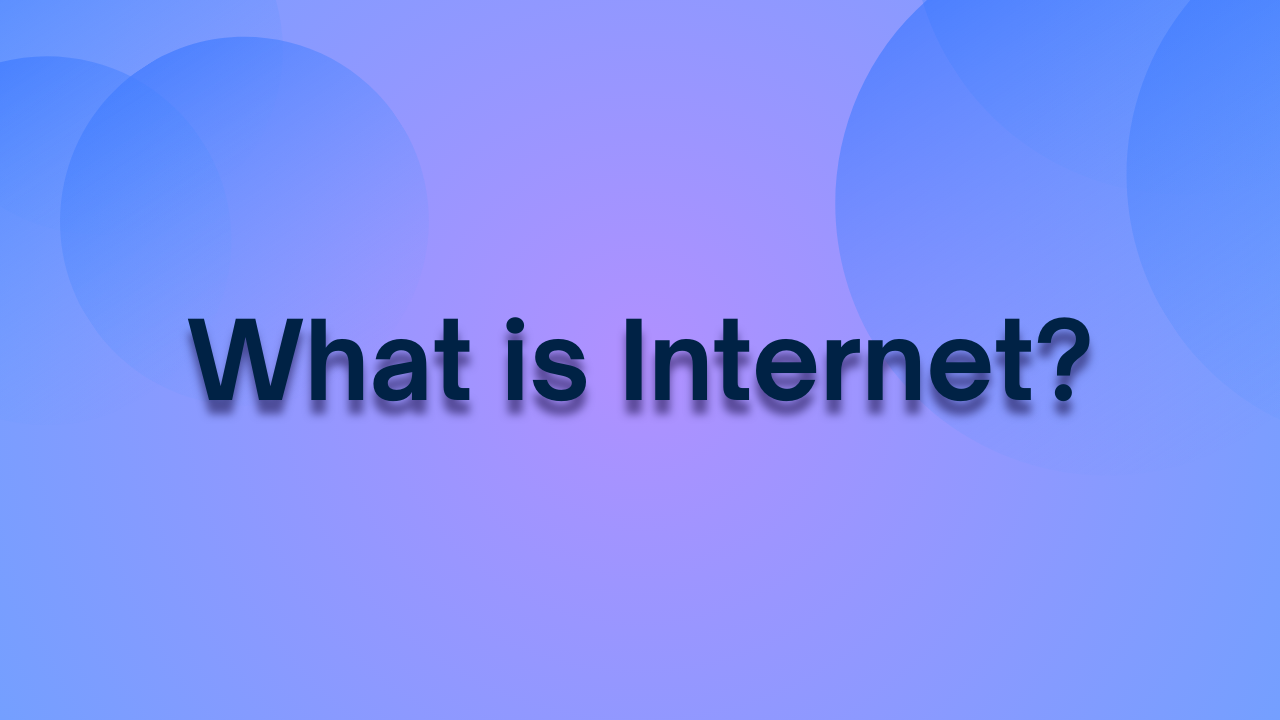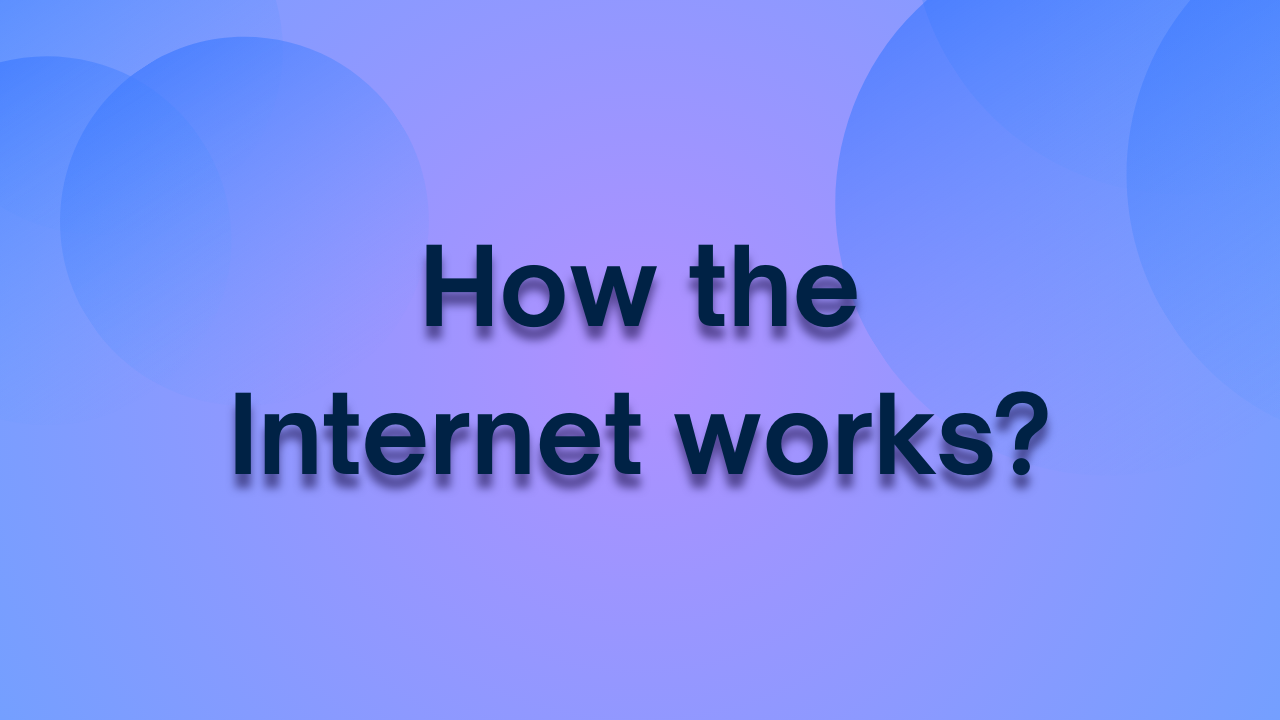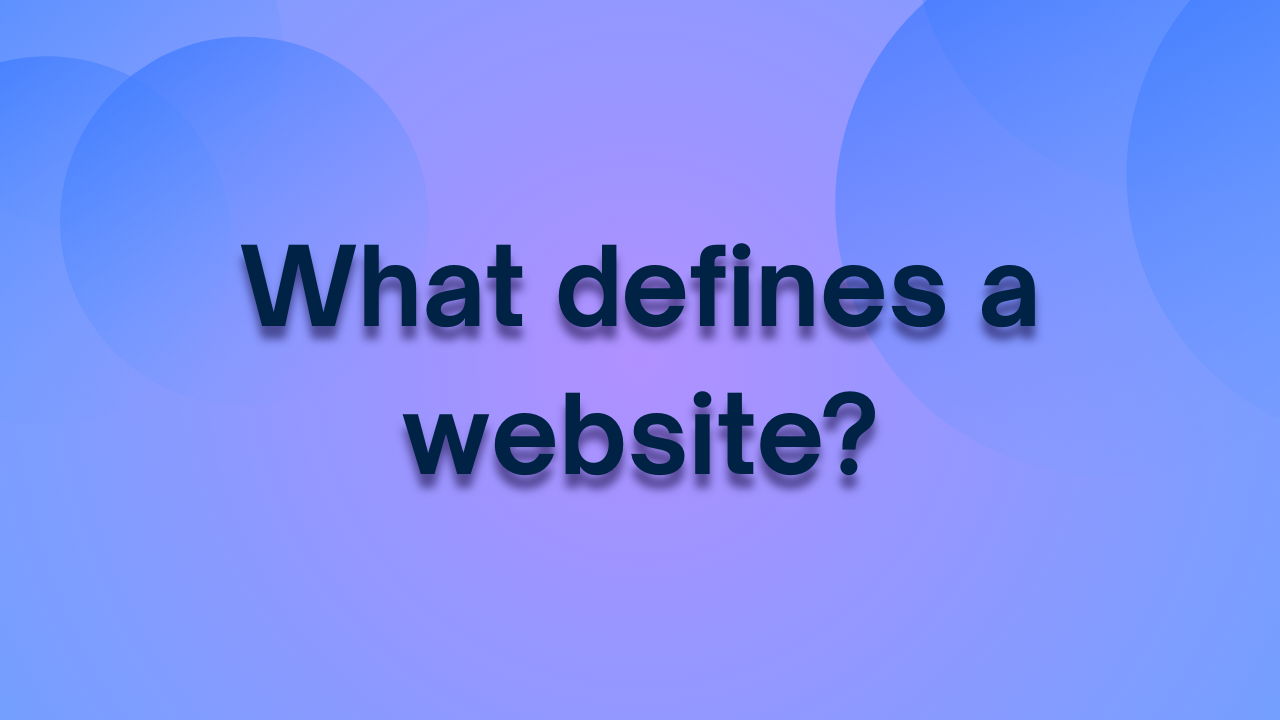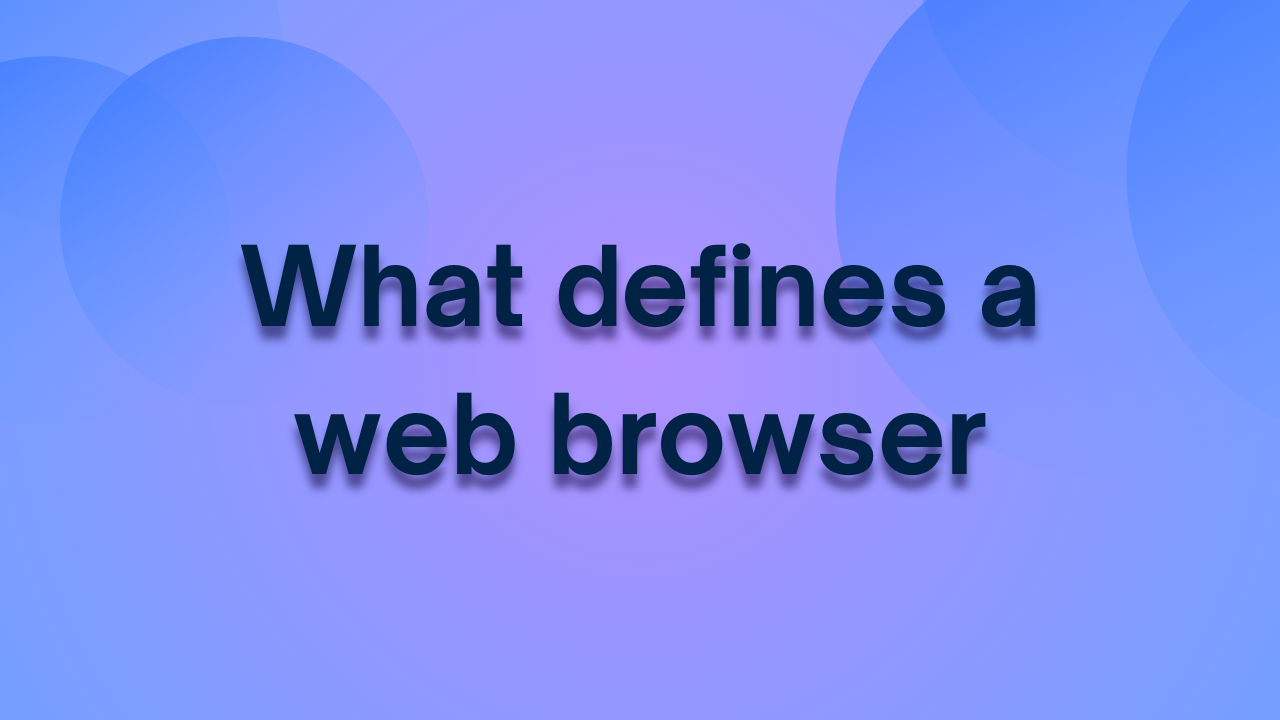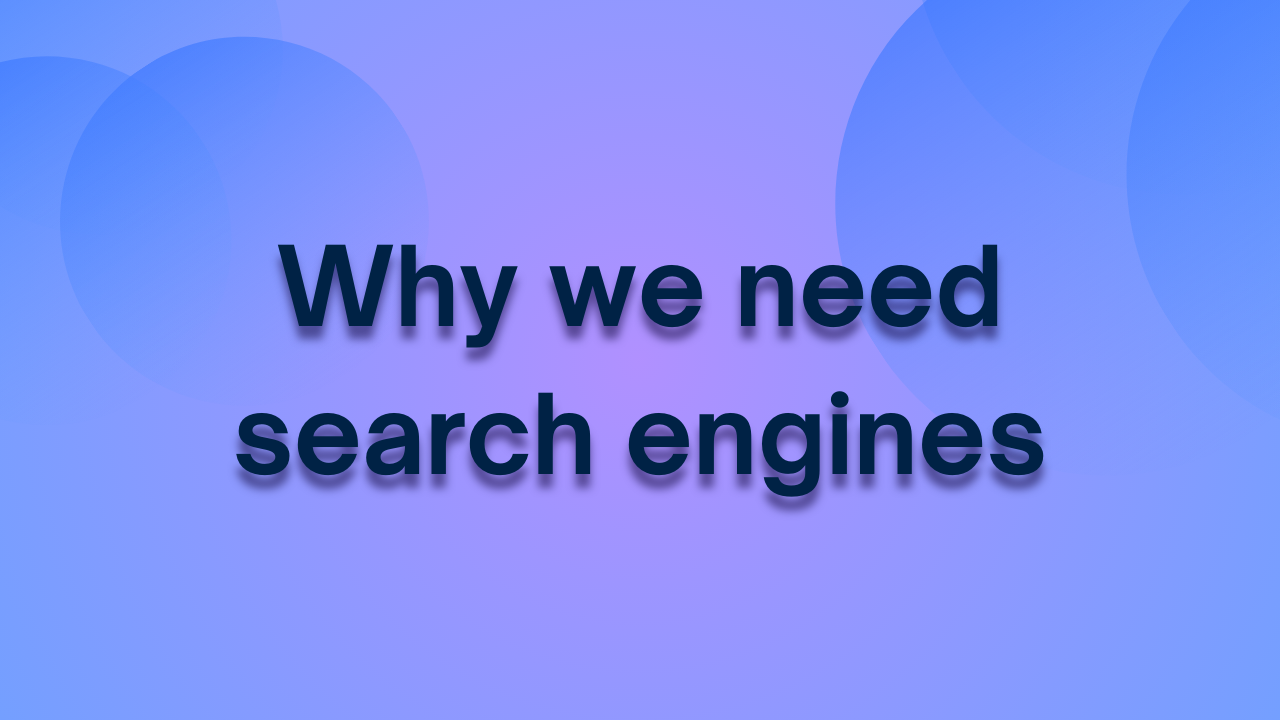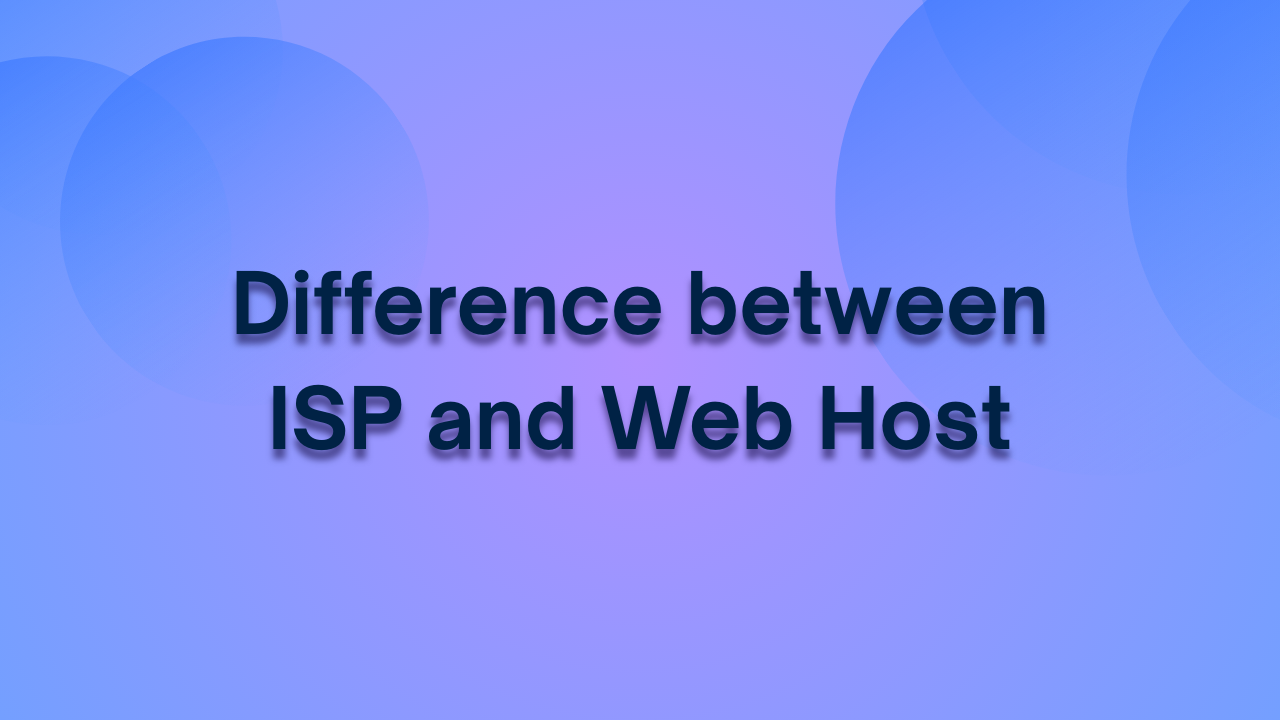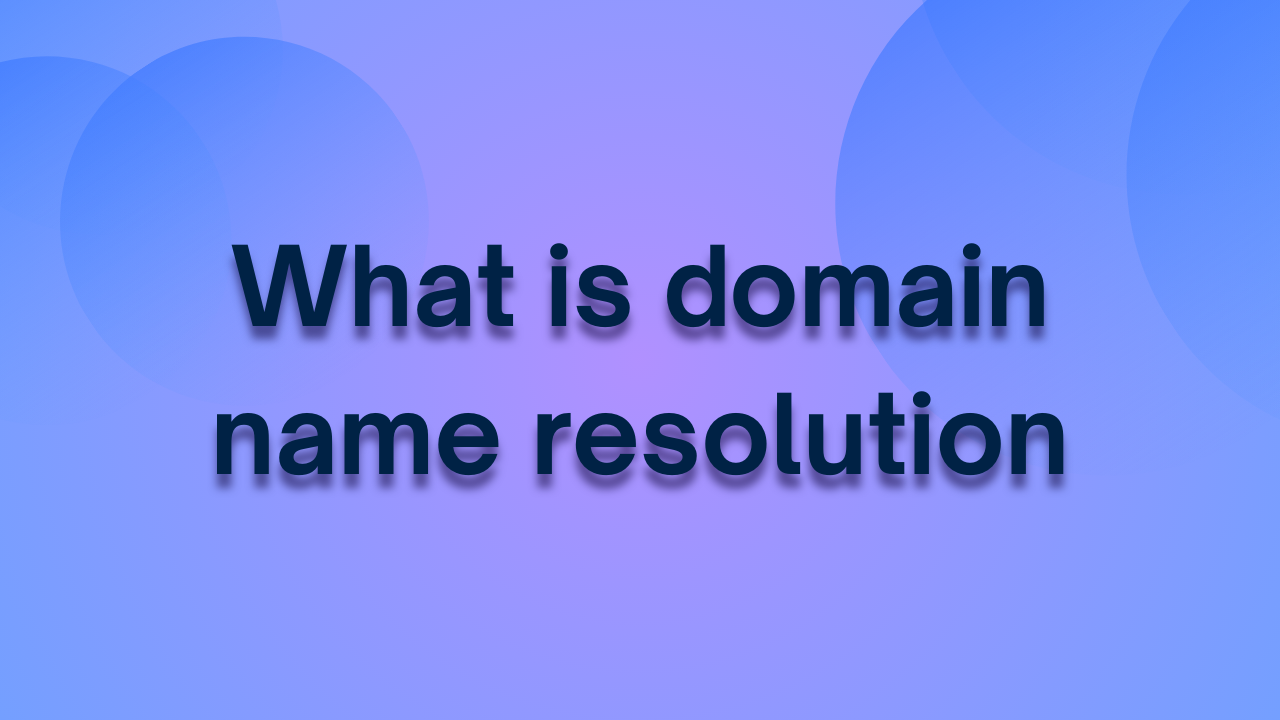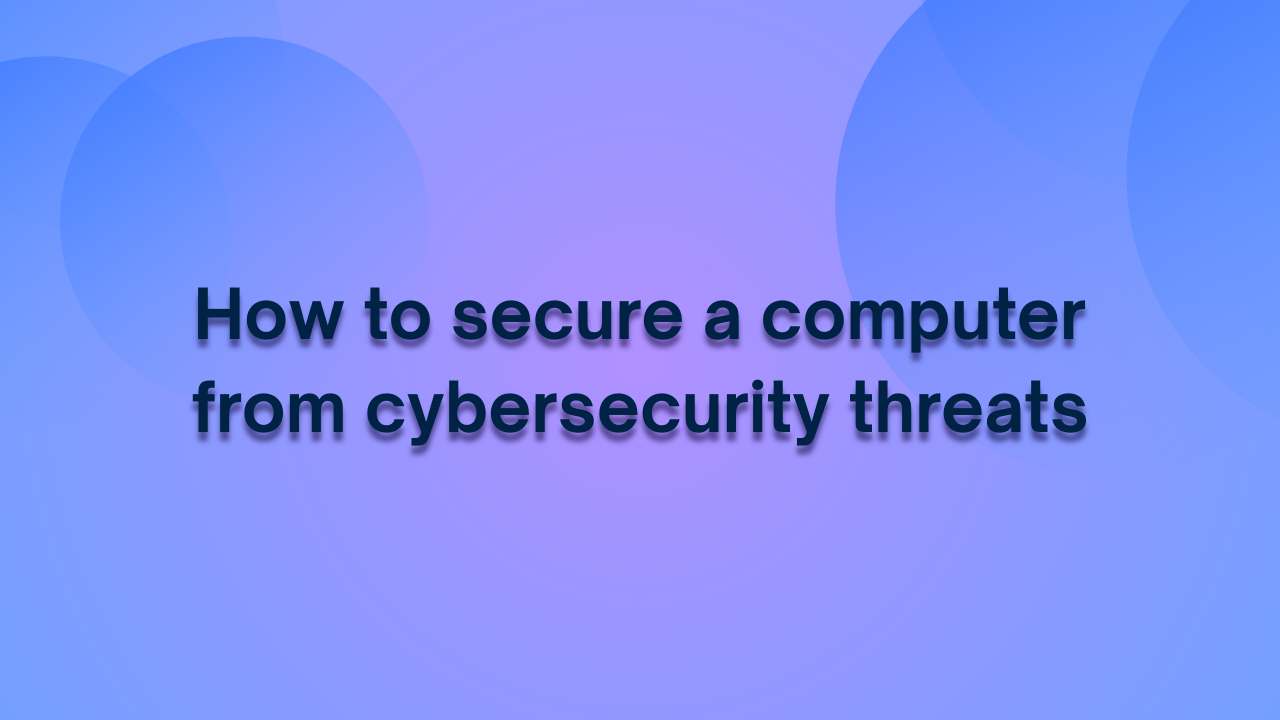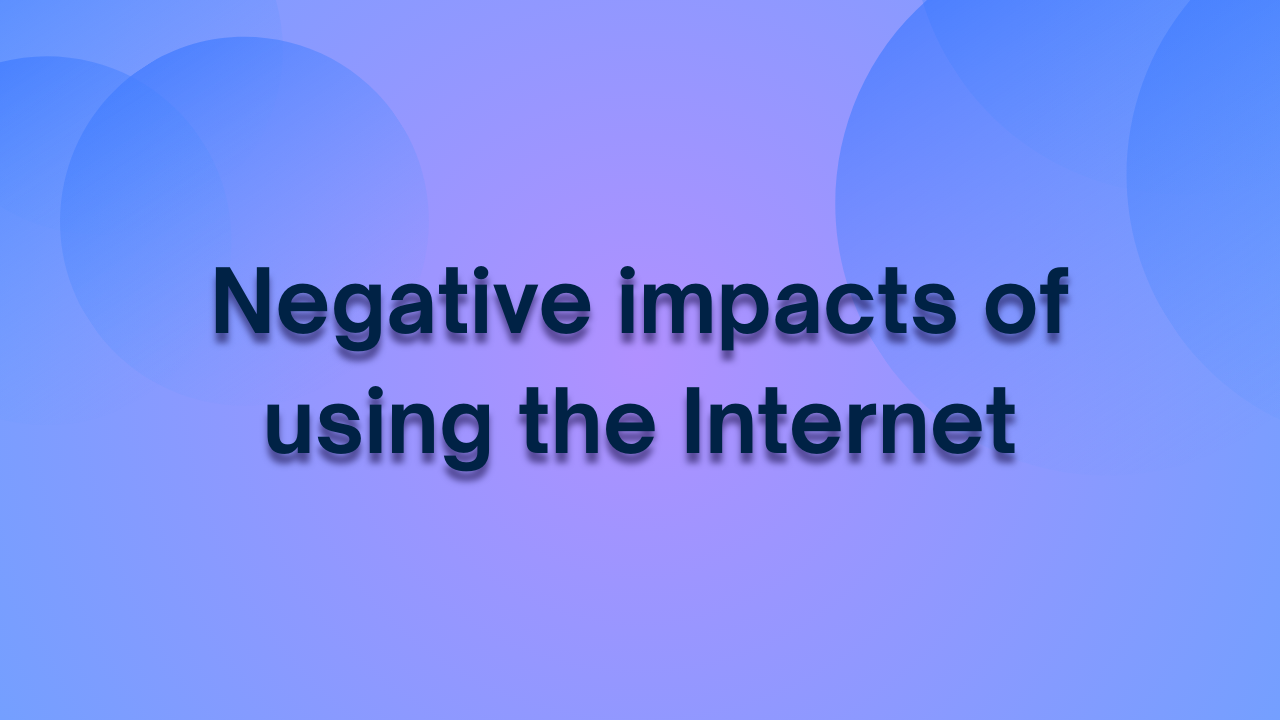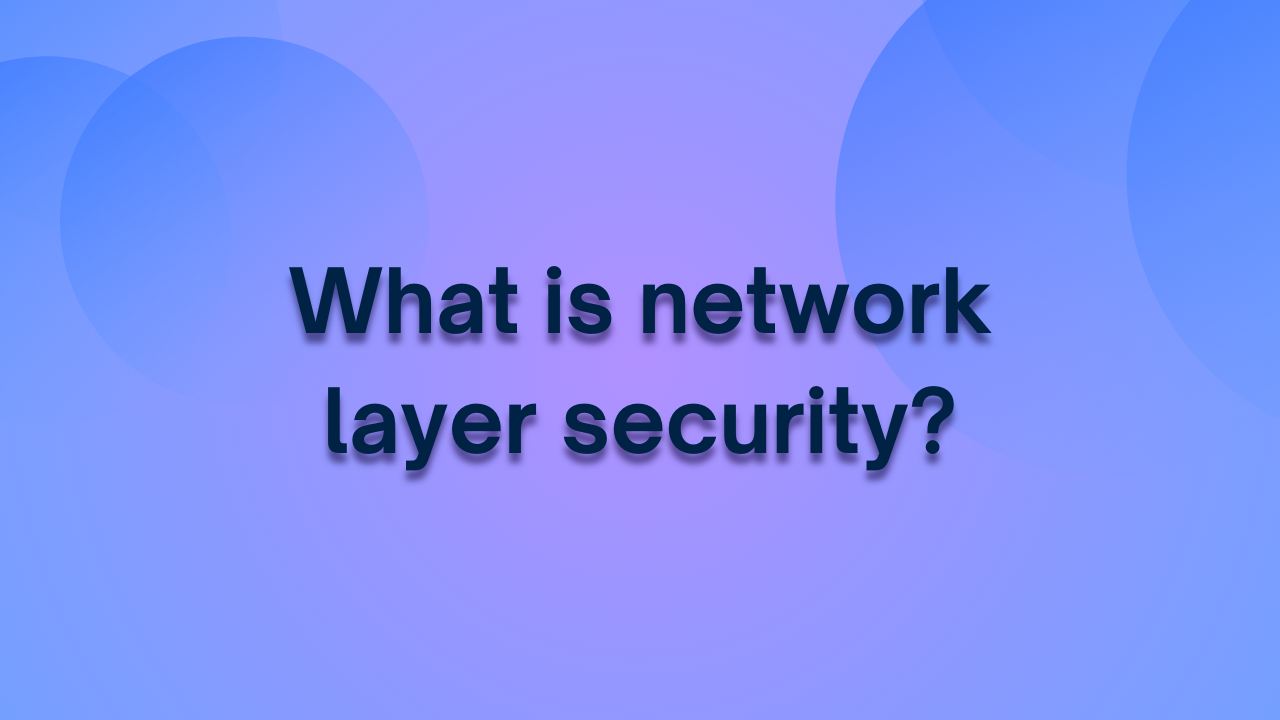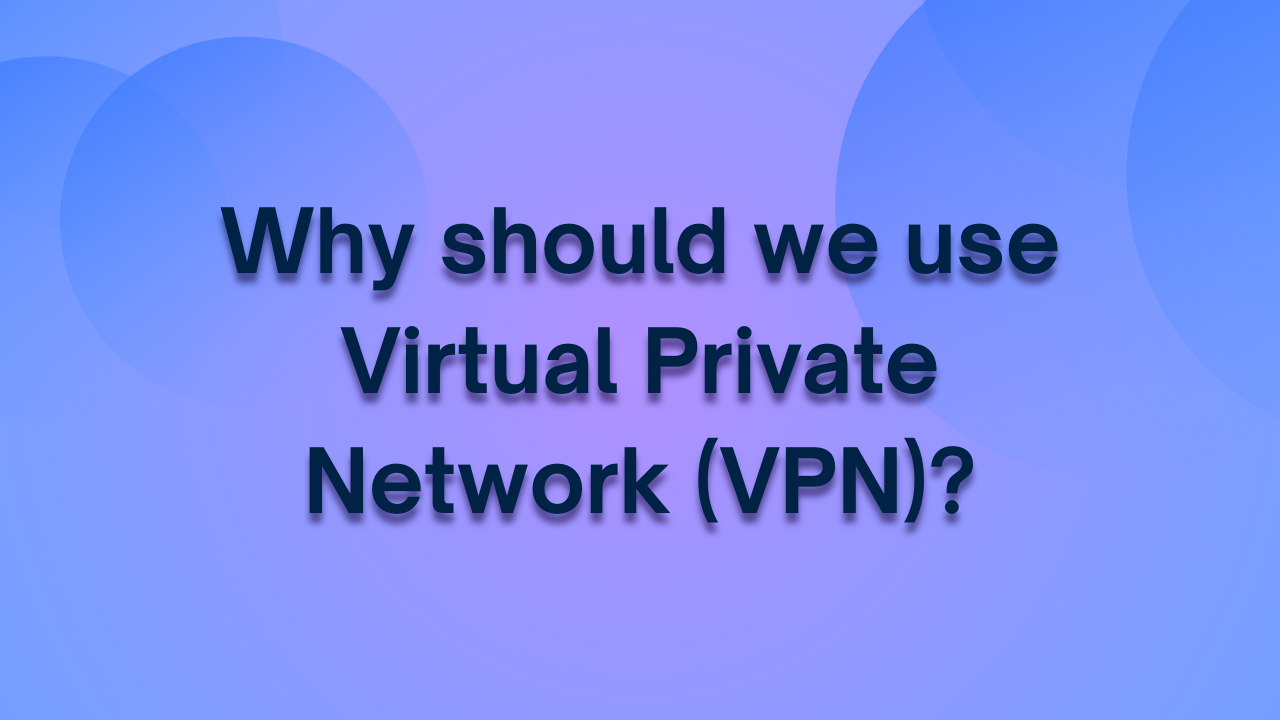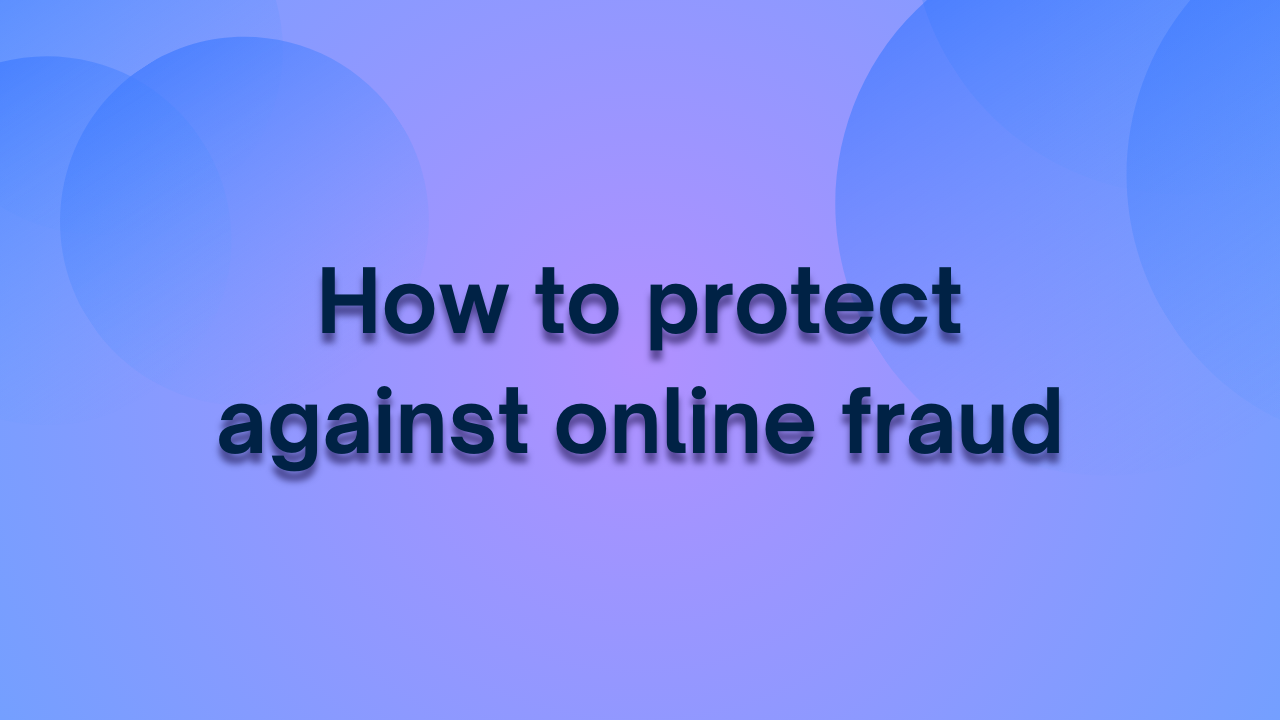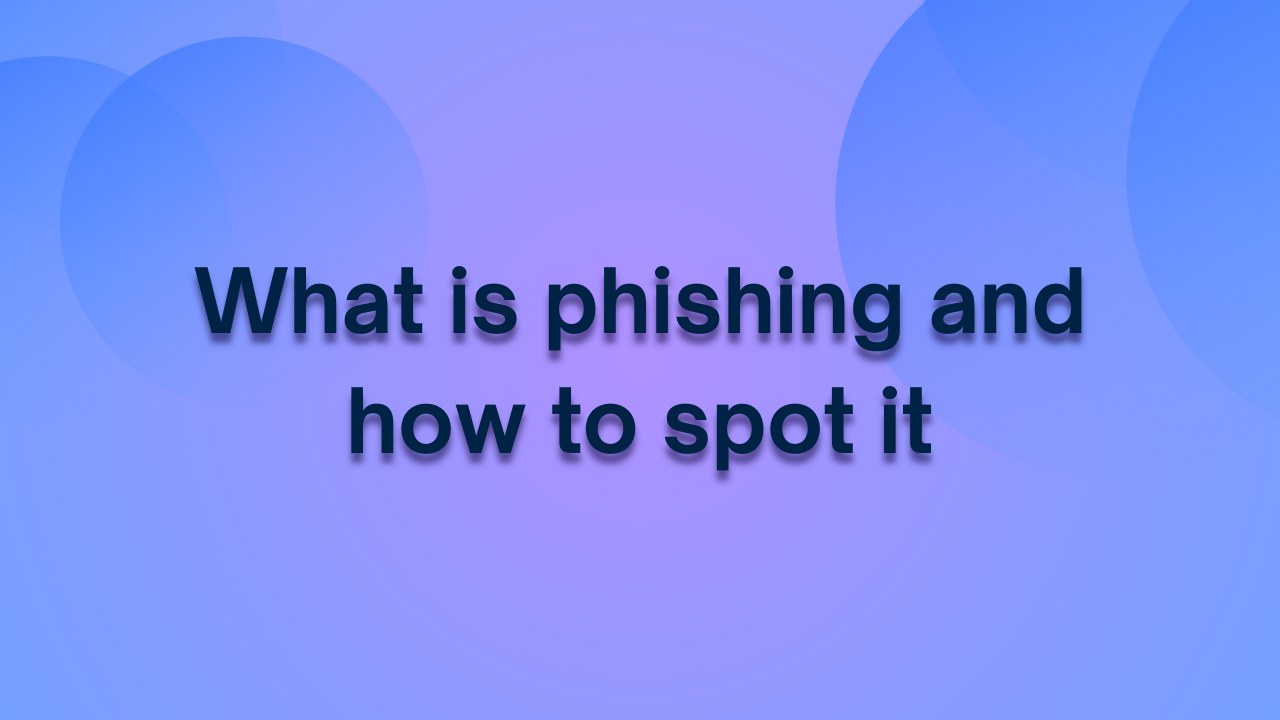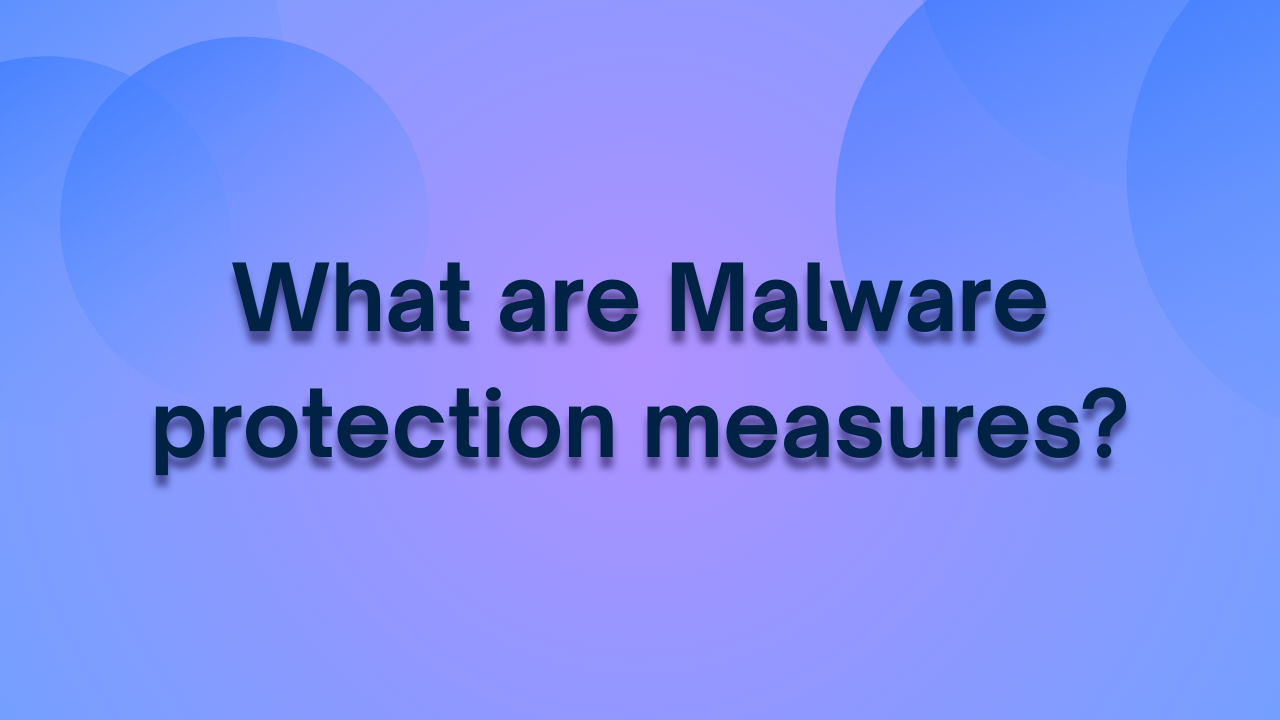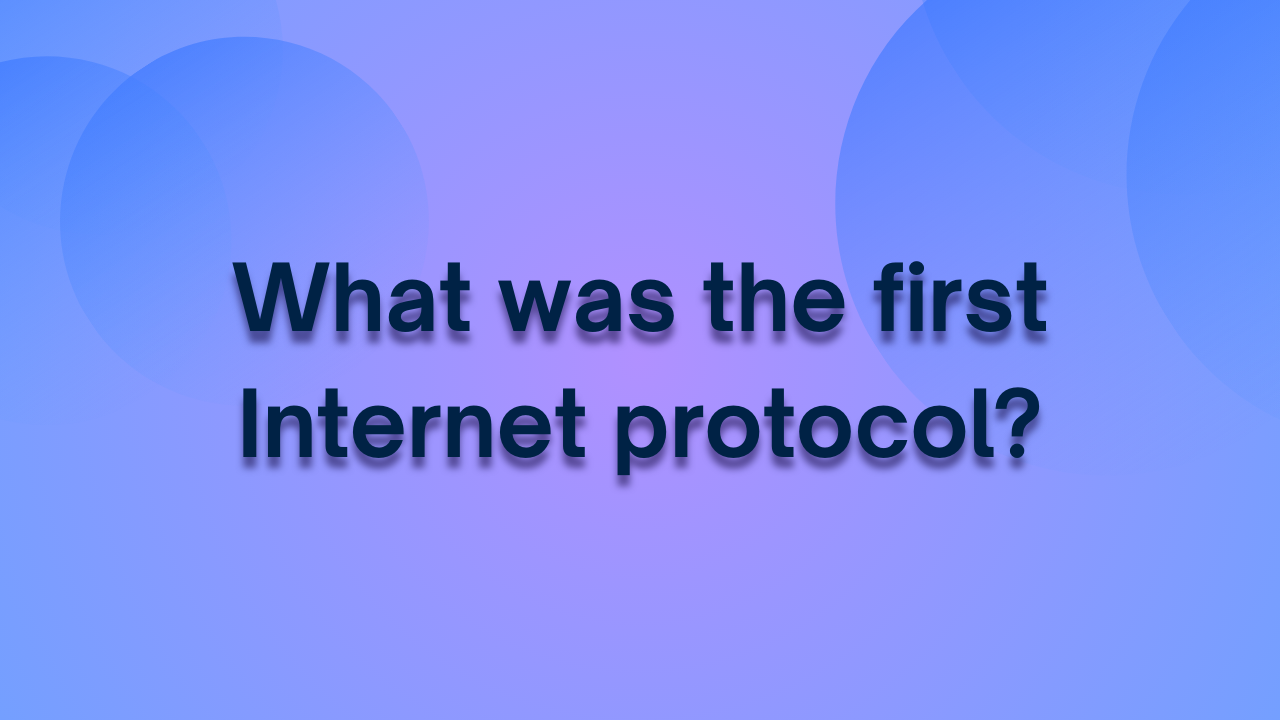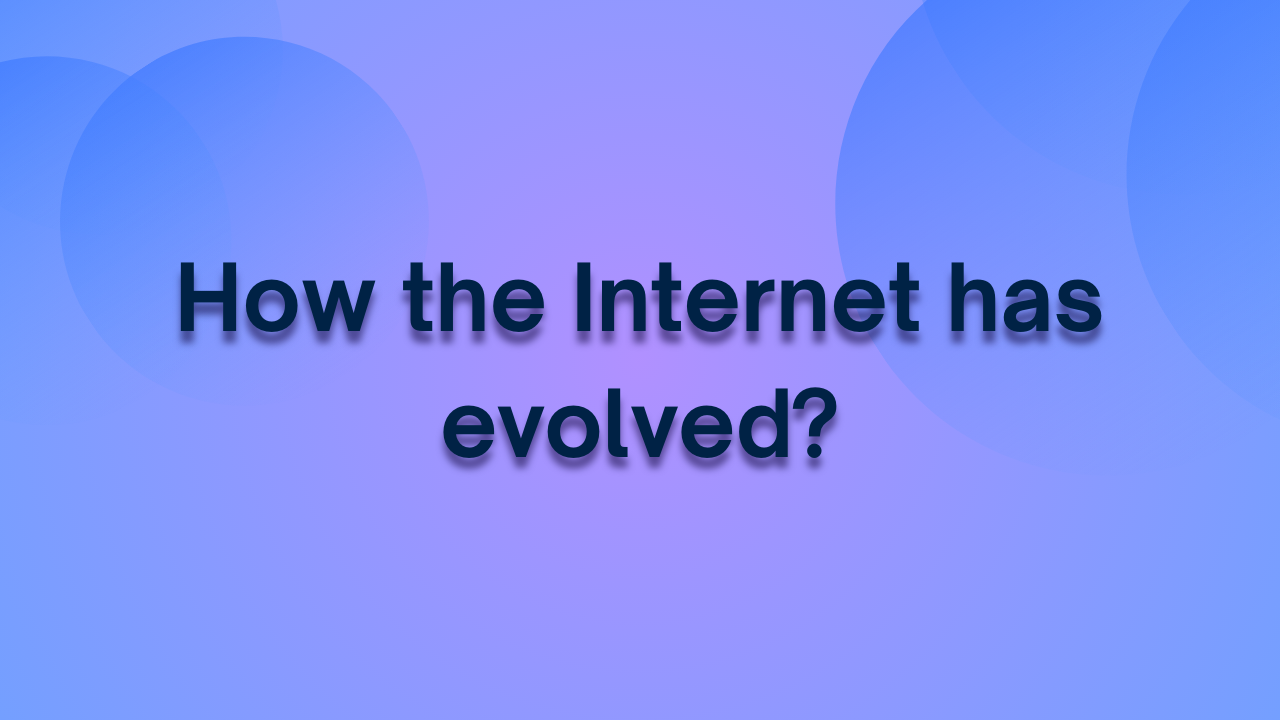What is Internet?
The Internet is a vast global network that connects millions of computers, devices, and people worldwide. It enables instant communication, seamless access to information from anywhere, and interactive online engagement.
How the Internet works?
The Internet functions by interconnecting networks through routers and switches. Routers direct data packets between different networks, while switches connect devices within the same network. Together, they enable computers and other devices to exchange information and access content hosted on remote servers.
What defines a website?
Websites are digital documents or files hosted on web servers and accessed through the Internet by entering a web address (URL) in a browser. They typically include text, images, videos, and interactive features, making them an effective way to share information and deliver services to users without requiring additional software installation.
What defines a web browser?
A web browser is an application that allows users to access and interact with documents and resources stored on web servers. It serves as the primary tool for navigating websites, downloading files, and browsing the Internet. Popular browsers include Google Chrome, Mozilla Firefox, Safari, and Microsoft Edge.
Why we need search engines?
Search engines serve as navigational tools for locating information on the Internet. They scan billions of web pages and deliver relevant results within seconds based on a user’s search query. Without search engines, finding specific information online would be significantly more difficult, if not nearly impossible.
Difference between ISP and Web Host?
An Internet Service Provider (ISP) is a company that offers users access to the Internet, typically for a subscription fee. A web host, by contrast, provides server space and related services—such as website hosting, development, and maintenance—ensuring that websites remain accessible online.
What is domain name resolution?
Domain Name System (DNS) resolution is the process of translating human-readable domain names (e.g., **google.com**) into their corresponding IP addresses (e.g., **142.250.190.78**). This is managed through a distributed network of nameservers that process requests and return the correct IP address, enabling computers to locate and access online content.
What are cookies?
Cookies are small data files stored on your device when you visit a website or use an application. They allow websites to remember your preferences, login details, and browsing activity across multiple visits. While cookies are not inherently harmful, they can be used to collect personal information if mismanaged or exploited, which makes them a subject of ongoing privacy concerns.
How to secure a computer from cybersecurity threats?
Protecting your computer from cybersecurity threats begins with installing and regularly updating antivirus software, which helps defend against viruses, malware, and other malicious attacks. You should also exercise caution when clicking links or downloading files, use strong and unique passwords, and avoid connecting to unsecured public Wi-Fi whenever possible.
Negative impacts of using the Internet?
The Internet provides countless benefits, but it also poses risks such as cyberbullying, harassment, hate speech, identity theft, fraud, and privacy concerns. Protecting yourself involves taking the right precautions, but the most effective safeguard is staying aware and exercising sound judgment online.
What is network layer security?
Network layer security is a form of protection that safeguards networks against malicious attacks originating both inside and outside the system. It employs techniques such as encryption, authentication, and access control to secure data, preserve confidentiality, and maintain overall privacy.
Why should We use Virtual Private Network (VPN)?
Using a VPN offers several benefits, including enhanced privacy and anonymity, stronger protection against cyber threats like hackers and malware, and the ability to access content restricted by region (such as streaming services). A VPN also masks your IP address, making it much harder for third parties to monitor or track your online activity.
How to protect against online fraud?
You can protect yourself against online fraud by taking a few key precautions. Always use websites with secure connections (**https\://**), carefully check website URLs, and never share credit card details unless absolutely necessary. Avoid clicking on suspicious links or opening unexpected attachments in emails or messages. It’s also important to stay updated on the latest scams and phishing tactics, as being informed is one of the strongest defences against fraud.
What is phishing and how to spot it?
Phishing is a type of cyberattack in which criminals impersonate trusted sources to steal sensitive information such as usernames, passwords, or financial details. Common warning signs include poorly written emails with spelling or grammar errors, suspicious requests for personal or financial information, and unusual or misleading links. Recognising these signs helps you spot potential scams early and avoid becoming a victim.
What are Malware protection measures?
Malware protection involves both preventing infections and detecting threats before they cause serious harm. Key measures include regularly using anti-malware software, keeping your operating system updated with the latest security patches, scanning external devices such as USB drives before use, and securing all accounts with strong, unique passwords.
What was the first Internet protocol?
The first Internet protocol, known as the Network Control Program (NCP), was introduced in 1969 under the early ARPANET project, the foundation of today’s Internet. Developed with significant contributions from Jon Postel, NCP provided a basic framework for communication between connected computers. It enabled data transfer, interaction between nodes, and eventually, the ability to establish connections with remote networks.
Who invented the World Wide Web?
The World Wide Web (WWW) was invented in 1989 by Sir Tim Berners-Lee while working at CERN. He introduced key technologies such as HTML, hypertext, and URLs, which together made it possible to access and share content across devices and locations worldwide. His vision continues to shape the way we communicate, share information, and interact online today.
How the Internet has Evolved?
The Internet has evolved significantly from its origins as a research tool for universities and governments to becoming an essential part of daily life. Advancements include faster download speeds, stronger security measures, more advanced applications, improved connectivity through technologies like 4G and 5G, and a vast range of digital services—from streaming and online shopping to social media and beyond.
Edit Profile
Help improve @KR

Was this page helpful to you?
Contact Khogendra Rupini
Are you looking for an experienced developer to bring your website to life, tackle technical challenges, fix bugs, or enhance functionality? Look no further.
I specialize in building professional, high-performing, and user-friendly websites designed to meet your unique needs. Whether it’s creating custom JavaScript components, solving complex JS problems, or designing responsive layouts that look stunning on both small screens and desktops, I can collaborate with you.
Create something exceptional with us. Contact us today
Open for Collaboration
If you're looking to collaborate, I’m available for a variety of professional services, including -
- Website Design & Development
- Advertisement & Promotion Setup
- Hosting Configuration & Deployment
- Front-end & Back-end Code Implementation
- Code Testing & Optimization
- Cybersecurity Solutions & Threat Prevention
- Website Scanning & Malware Removal
- Hacked Website Recovery
- PHP & MySQL Development
- Python Programming
- Web Content Writing
- Protection Against Hacking Attempts
